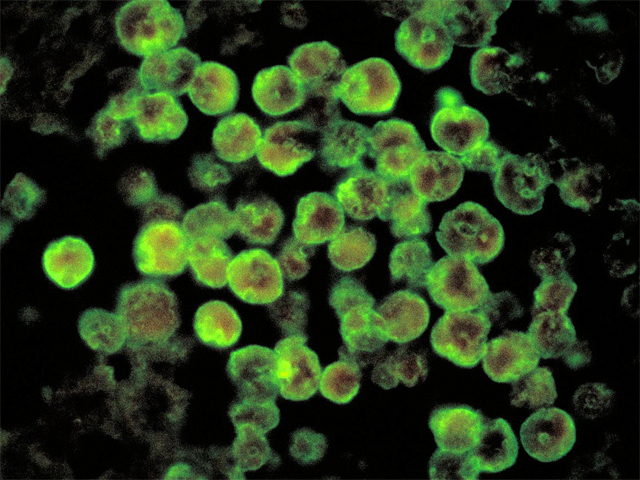The Health Ministry reported a possible new case of parasitic amoebic meningoencephalitis in Israel. Soon after, confirmation came from the Health Ministry lab: the boy was indeed infected with the so-called “brain-eating amoeba” – Naegleria fowleri.
The ten-year-old boy was hospitalized in the intensive care unit of the Ziv hospital in serious condition, he was connected to a respirator and put into a drug-induced sleep.
Naegleria fowleri is found in stagnant water bodies, puddles and ponds. The Ministry of Health is conducting an epidemiological investigation of the places the child visited, taking water samples from various water bodies. If the source of infection is found, a message will be published.
The first such case this year ended in the death of the patient.
Naegleria fowleri is a species of single-celled eukaryotic organisms from the Vahlkampfidae family, named after the Australian physician Malcolm Fowler who discovered and described it in 1960. Representatives live in natural and artificial fresh water bodies at a temperature of 25-30°C.
Infection with Naegleria fowleri causes primary amoebic meningoencephalitis, which affects the nervous system and can be fatal if left untreated. Infection occurs primarily in bodies of water, especially when the parasite is in the flagellate stage of development.
The main route of infection is through the nasal passages and olfactory epithelium, from where the parasite enters the olfactory nerve and through it into the brain, where it spreads throughout all its sections. Another possible route of infection is through inhalation of aerosols if they contain parasite cysts. Infection through the esophagus does not occur when swallowed.
